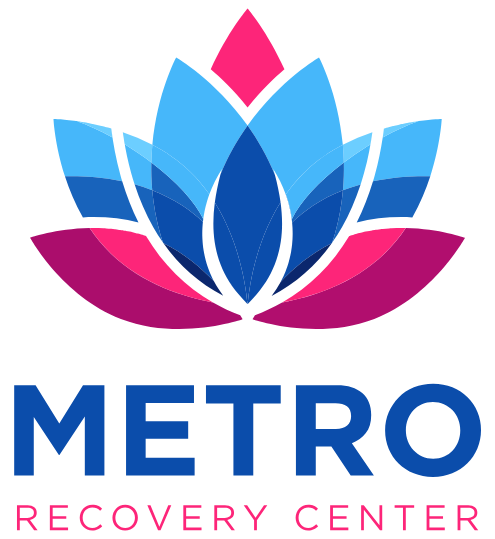Mental Health Services
Mental Health and Addiction Are Always Connected—So We Treat Them That Way
For many people, substance use isn’t the root problem—it’s a response.
To trauma. To anxiety. To overwhelming emotional pain. To a world that doesn’t offer the care, safety, or support they need.
At Metro Recovery Center, we understand that mental health and addiction are deeply intertwined. That’s why our Mental Health Services are fully integrated into every level of care—from MAT to outpatient counseling—offering clients the emotional healing they need to sustain long-term recovery.

Why Mental Health Support Is Essential in Recovery
Depression, hopelessness, or suicidal thinking
Anxiety and panic that leads to impulsive or avoidant behavior
PTSD or unresolved trauma from abuse, incarceration, or systemic violence
Mood instability, emotional reactivity, or difficulty coping
Isolation, guilt, or emotional shutdown from years of survival mode
What Sets Our Mental Health Program Apart
Specialized in Co-Occurring Disorders
We aren’t a generic therapy clinic. Our entire team—from therapists to psychiatrists to peer staff—has deep experience treating clients who struggle with both addiction and mental health challenges.
Clinically Integrated with MAT & Counseling
Unlike programs that separate mental health and addiction care, our services are fully connected. Your medication, therapy, and psychiatric support work in unison—so nothing gets missed.
Rooted in Trauma-Informed Practice
We understand how trauma impacts trust, behavior, relationships, and treatment engagement. Every provider at MRC is trained to approach clients with safety, empathy, and cultural humility.
Accessible Care That Respects Real Life
We offer in-person and telehealth services to support clients with transportation, childcare, mobility, or safety barriers.
Our Mental Health Services Include
Individual Mental Health Therapy
One-on-one sessions focused on emotional stability, self-regulation, trauma processing, and long-term growth—with licensed mental health professionals who truly get it.
Trauma-Informed Counseling
Anxiety & Depression Support
Grief and Loss Counseling
Who We Serve
- Are on MAT and experiencing emotional instability or mental health symptoms
- Have been misdiagnosed, underserved, or dismissed in other systems
- Are transitioning out of incarceration, hospitalization, or inpatient rehab
- Need more than just “talk therapy”—they need connection, strategy, and trauma-informed guidance
- Carry long histories of pain, shame, or emotional shutdown
- Are seeking therapy that doesn’t just see their struggle—but respects their story


Why Clients Choose MRC for Mental Health Care
Because we see mental health as foundational, not optional.
Because we don’t pathologize pain—we validate it and help you move through it.
Because we don’t separate substance use from mental health—we integrate care so healing happens on every level.
Because we know what you’re carrying—and we’re built to help you hold it.
